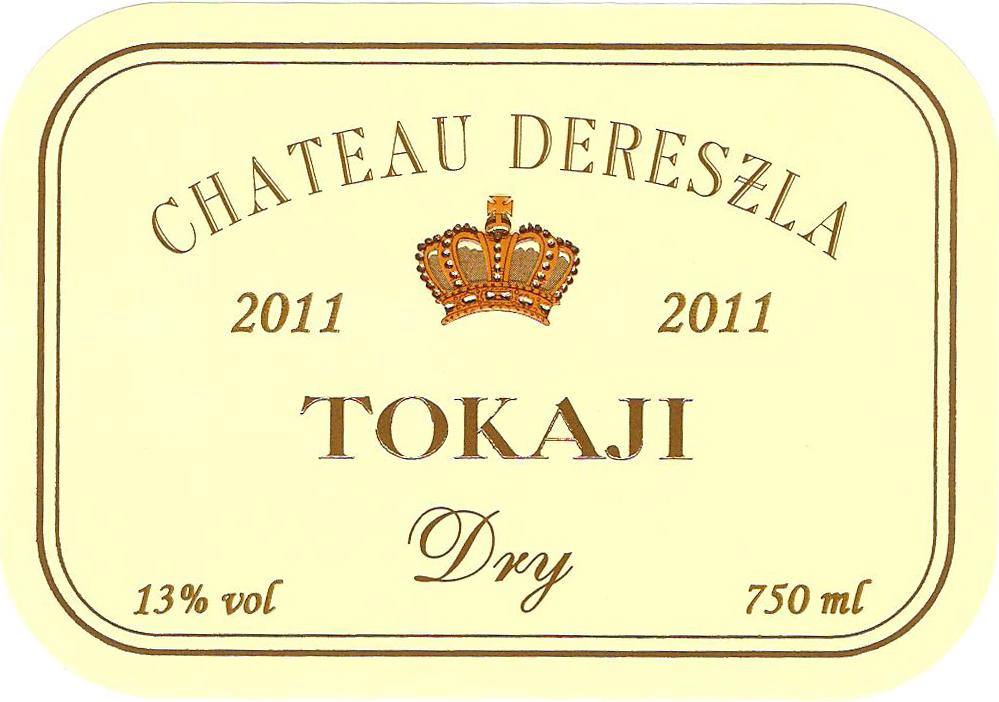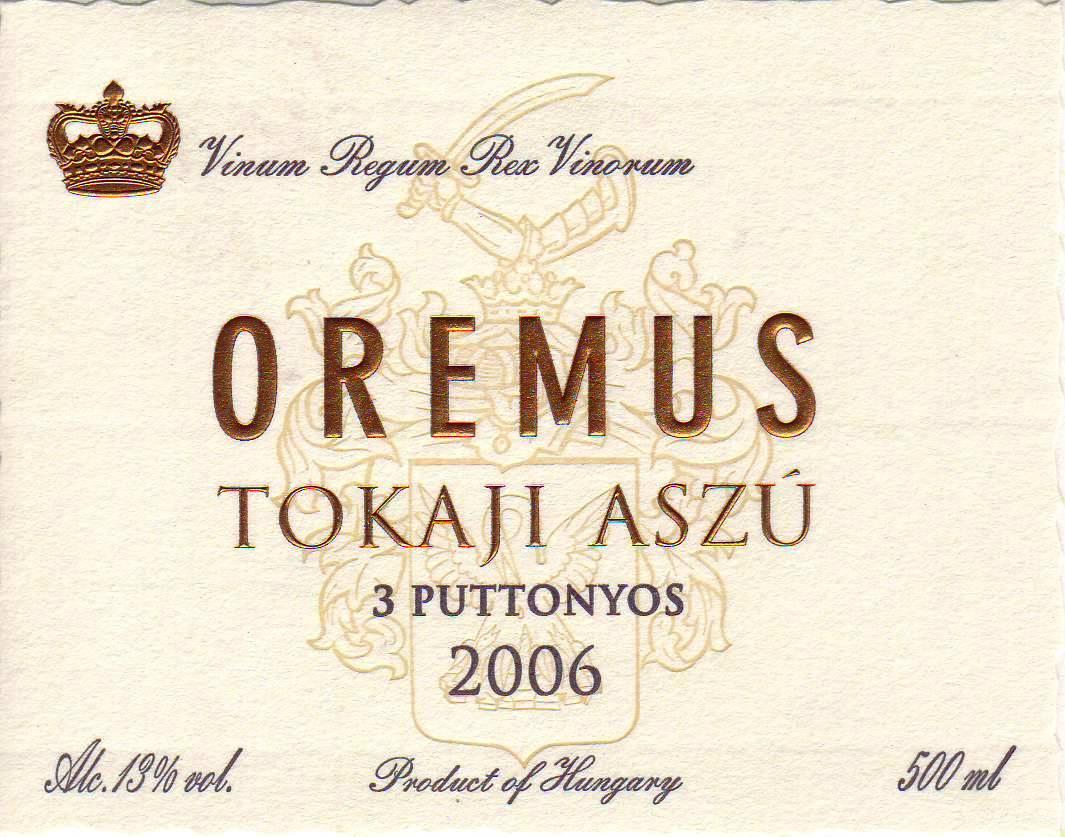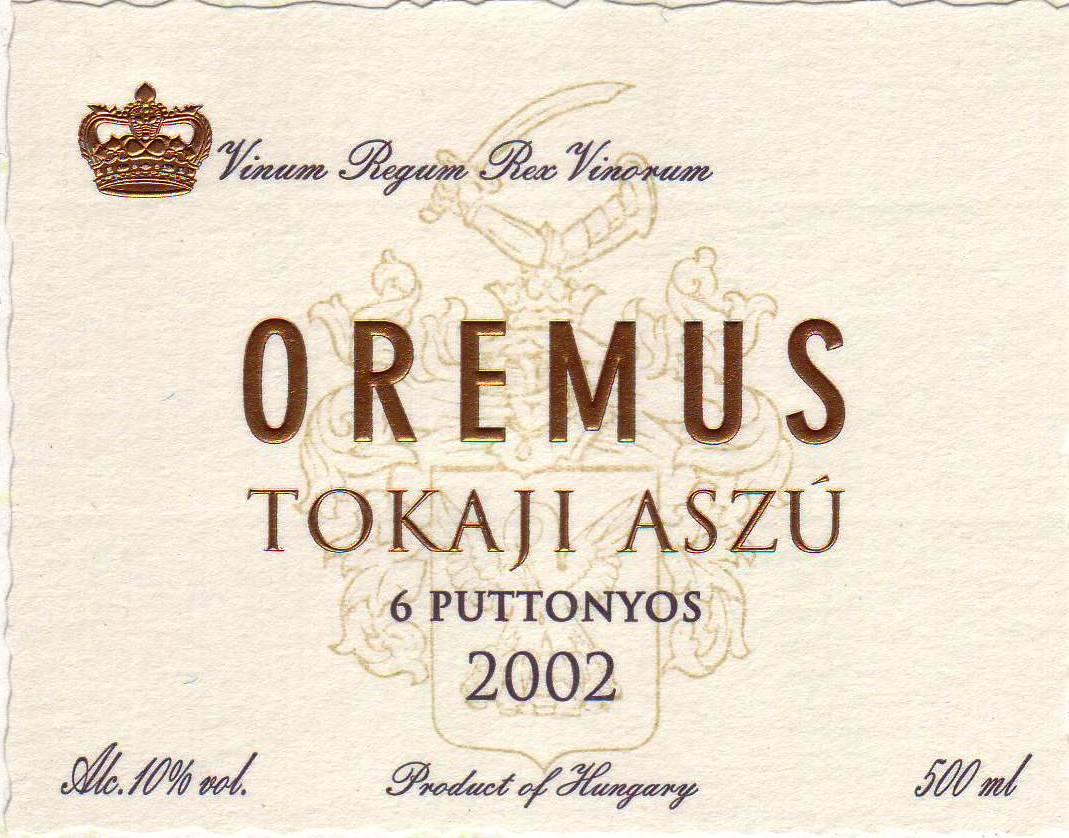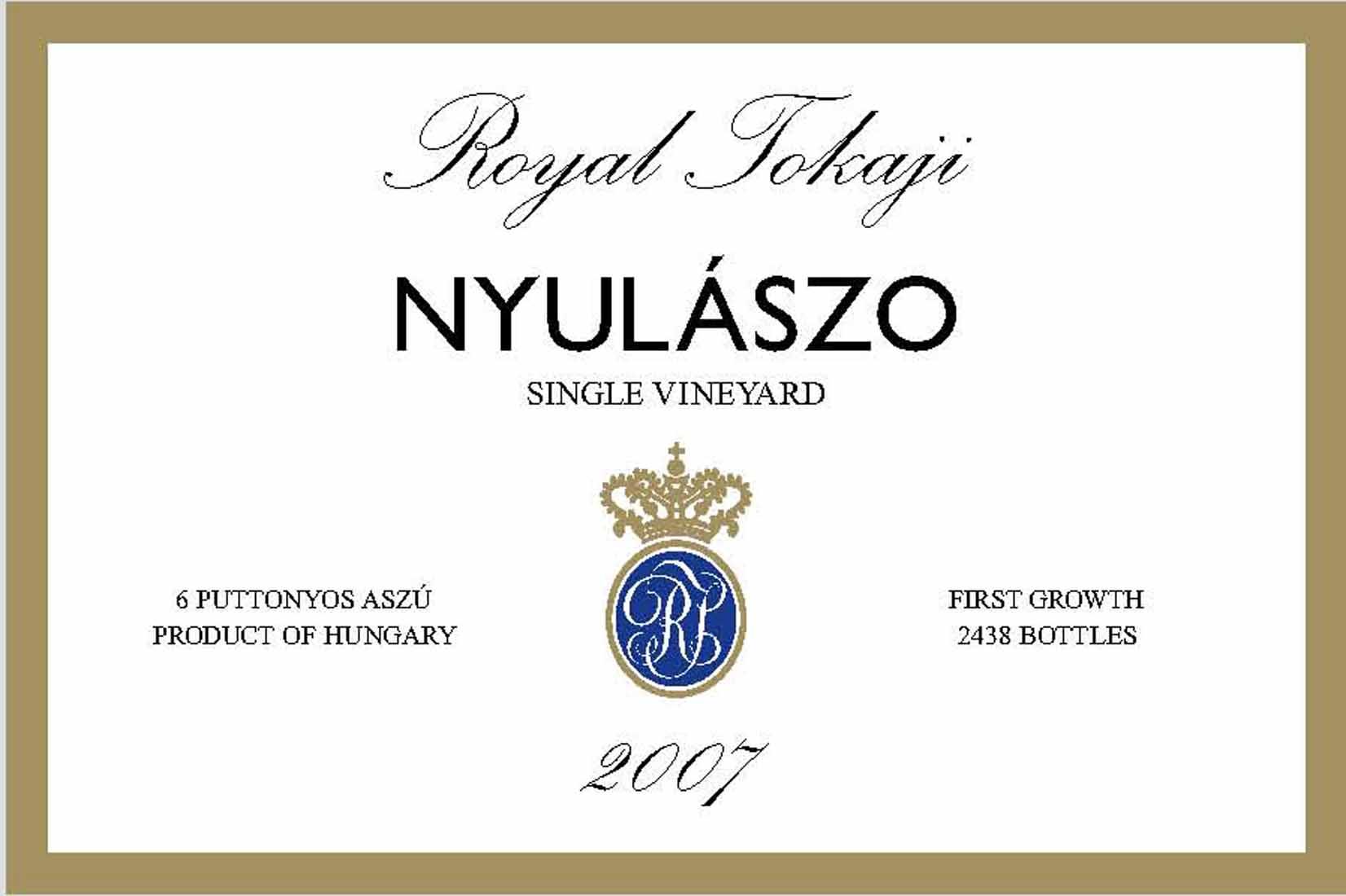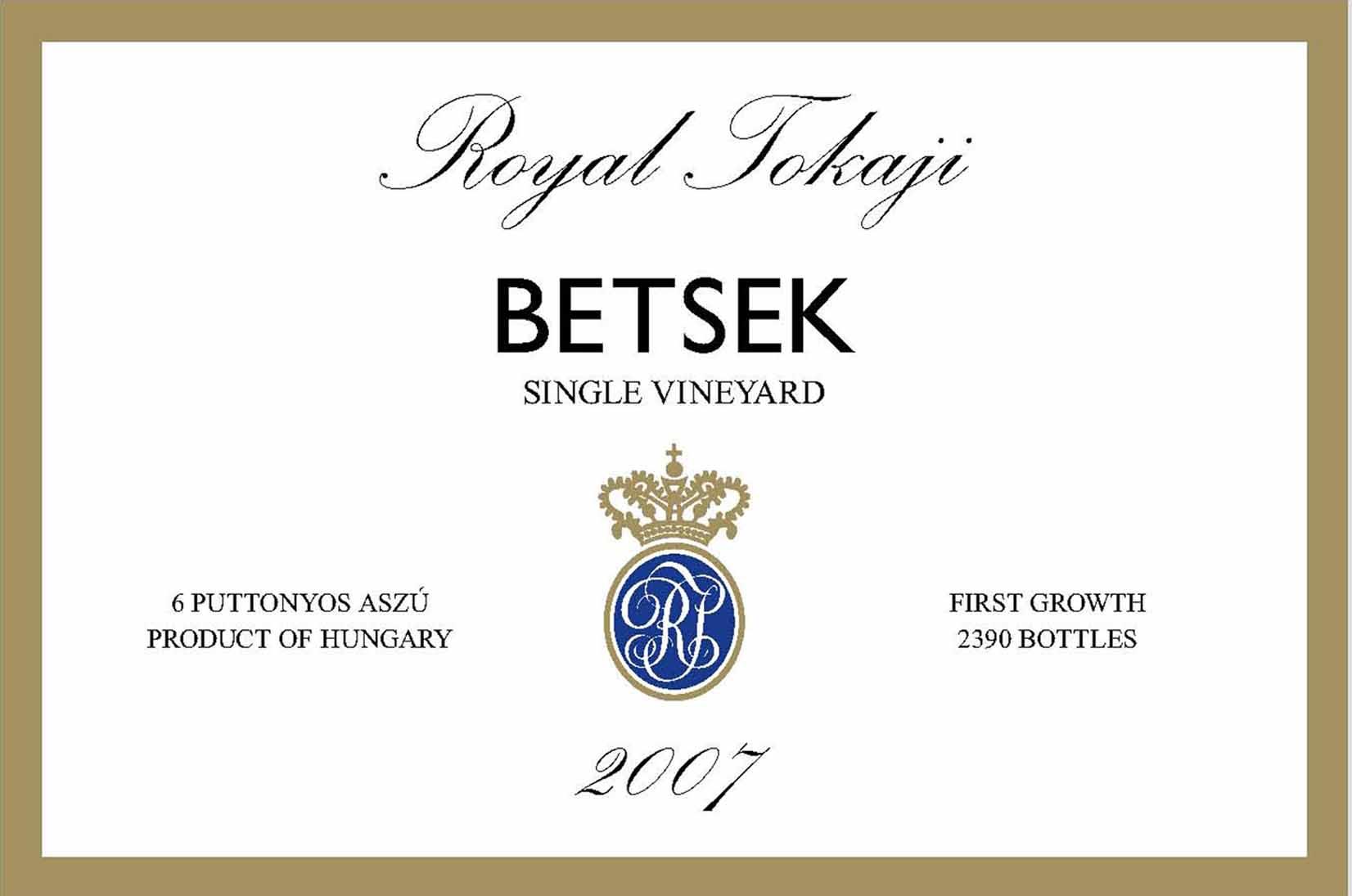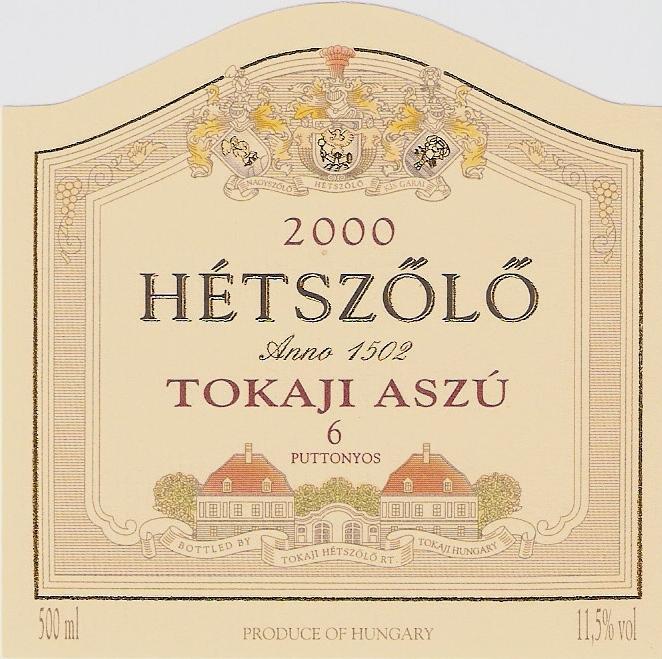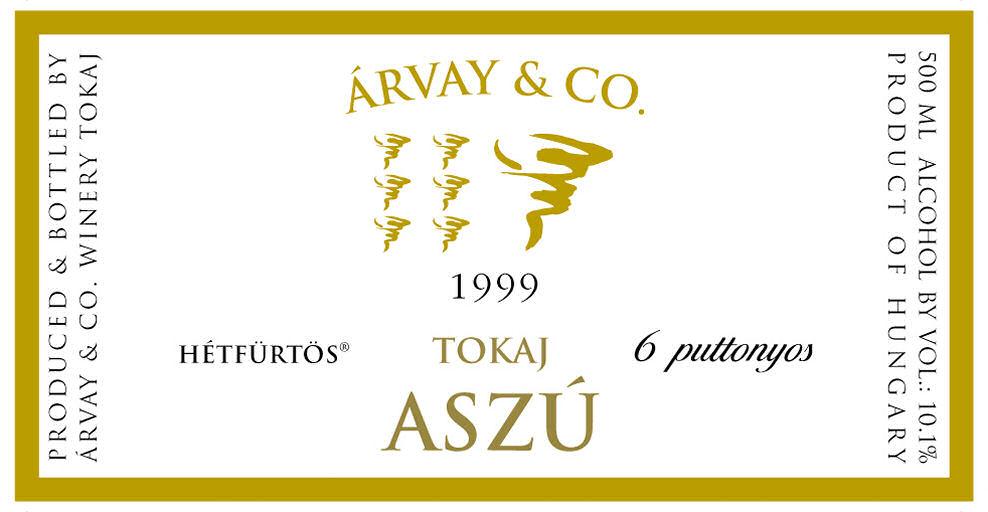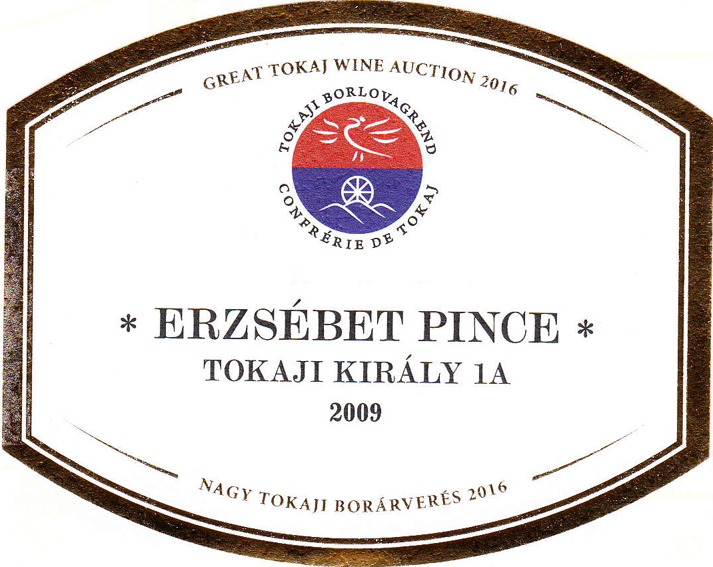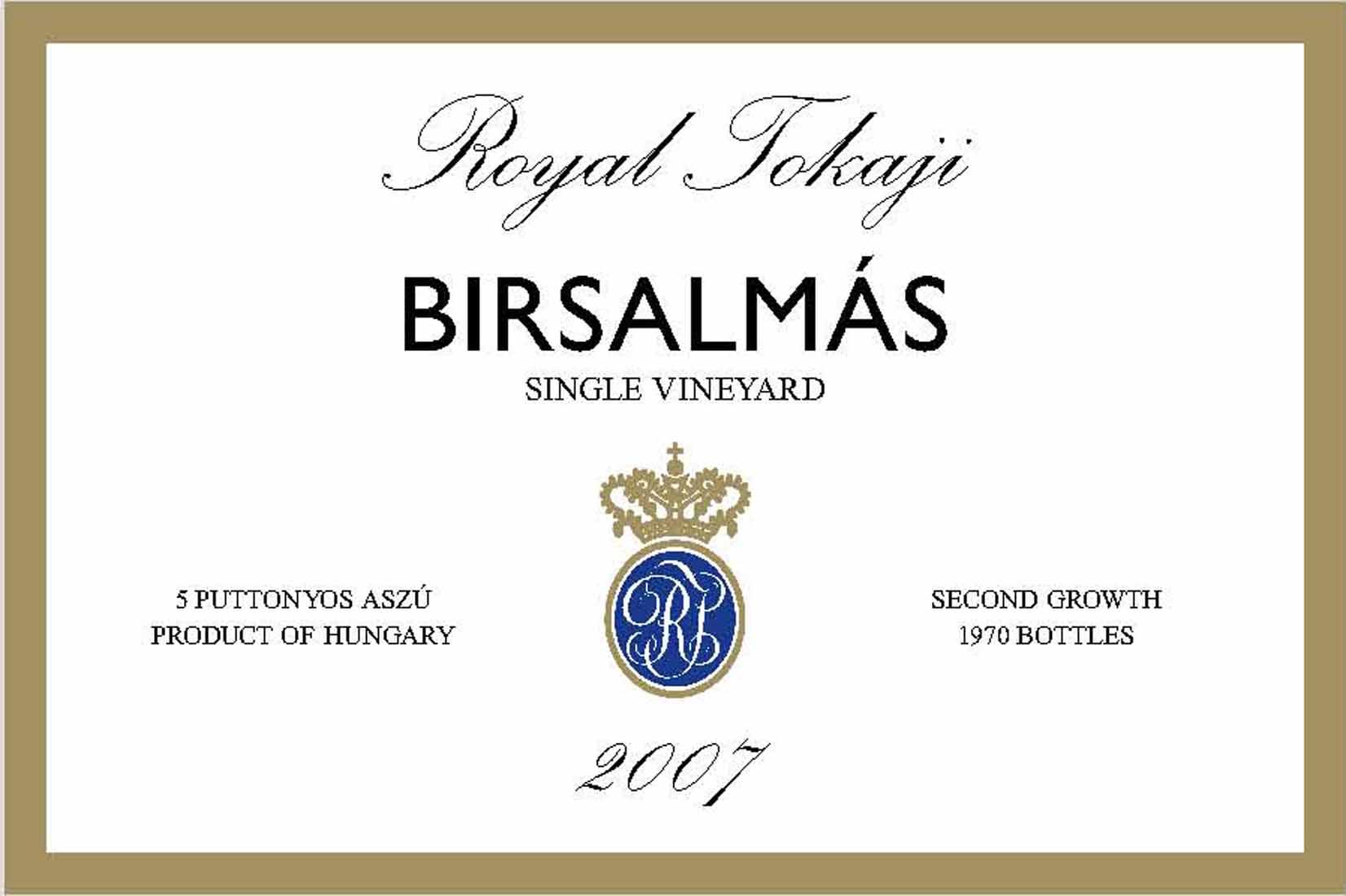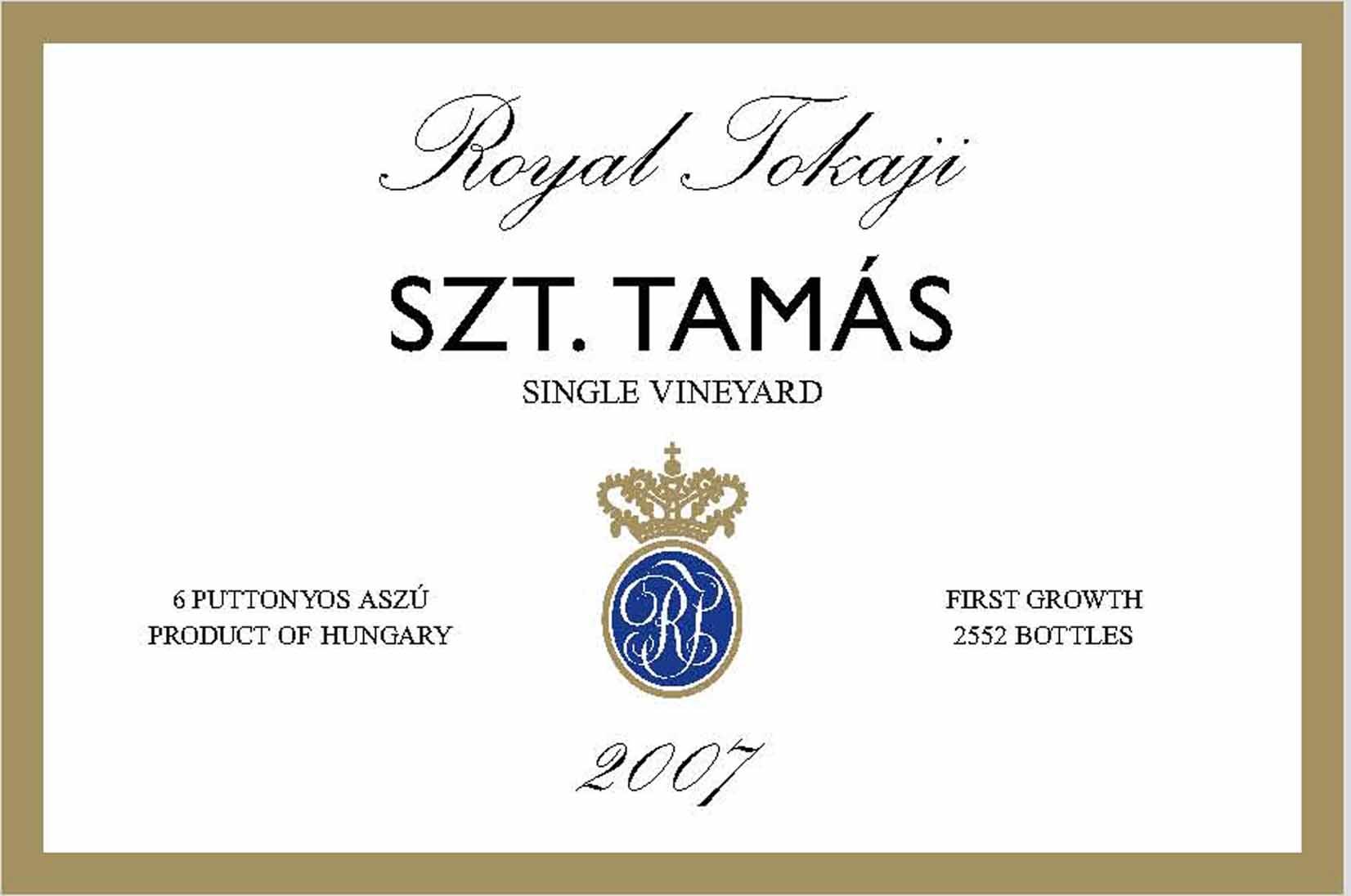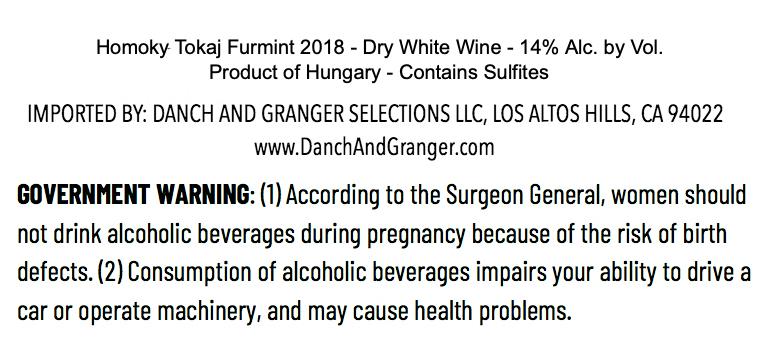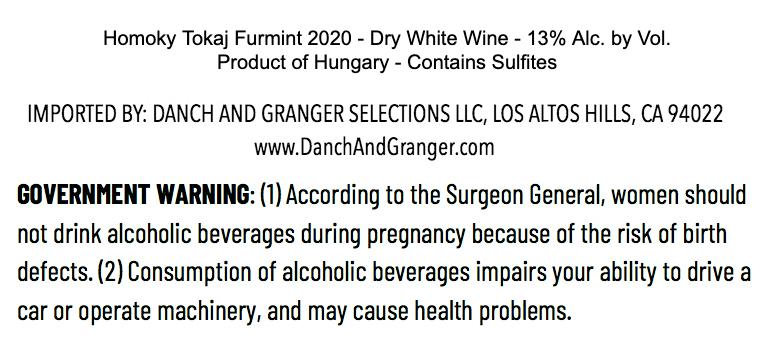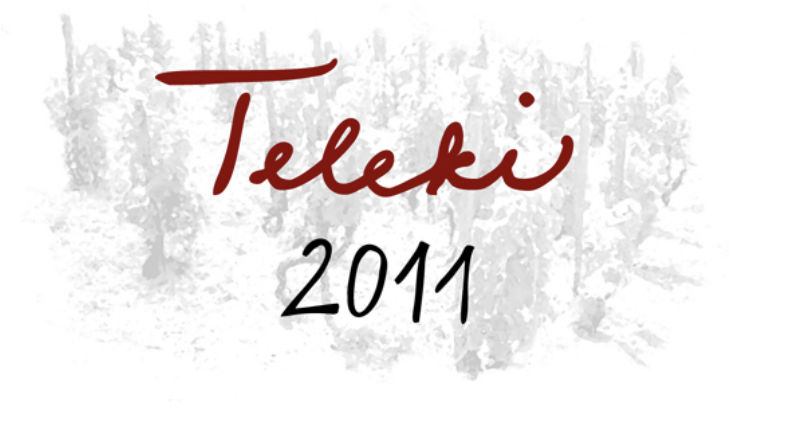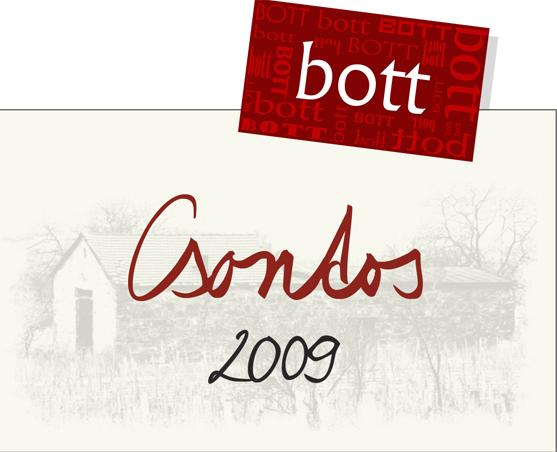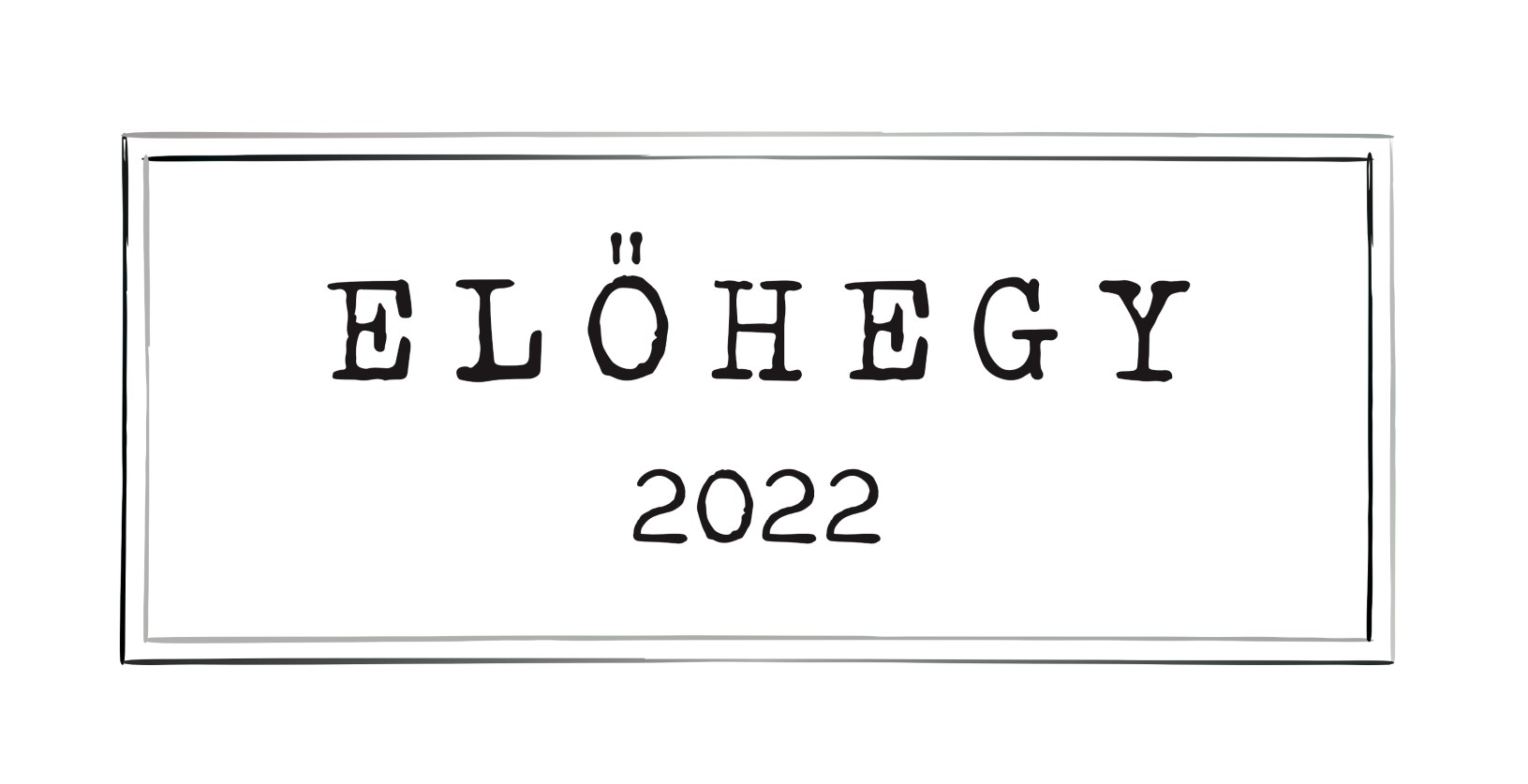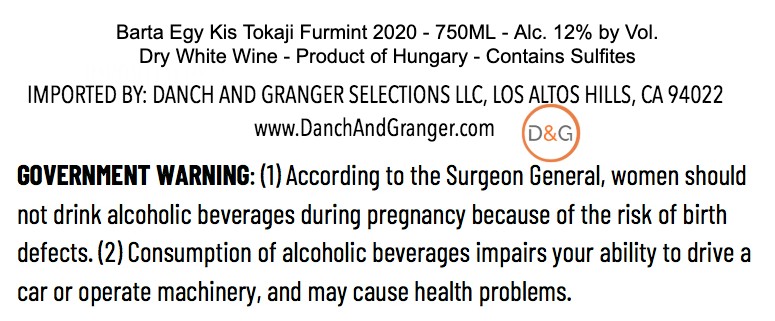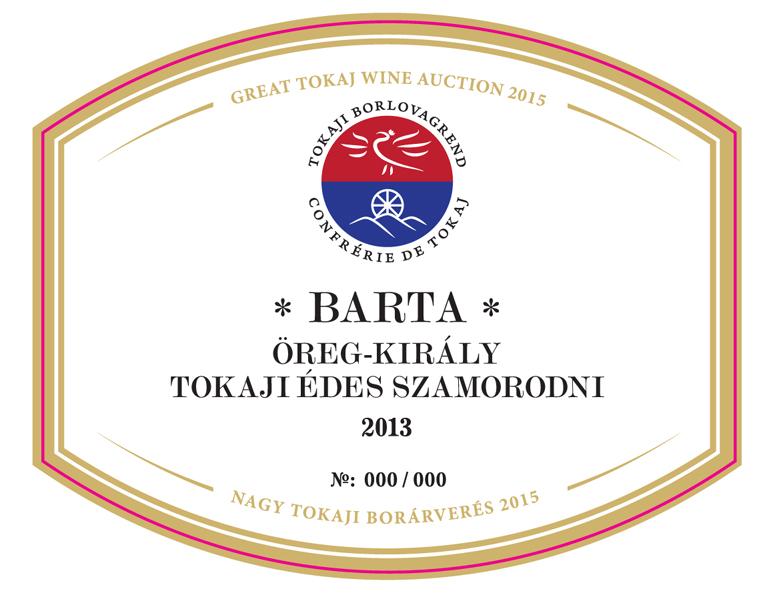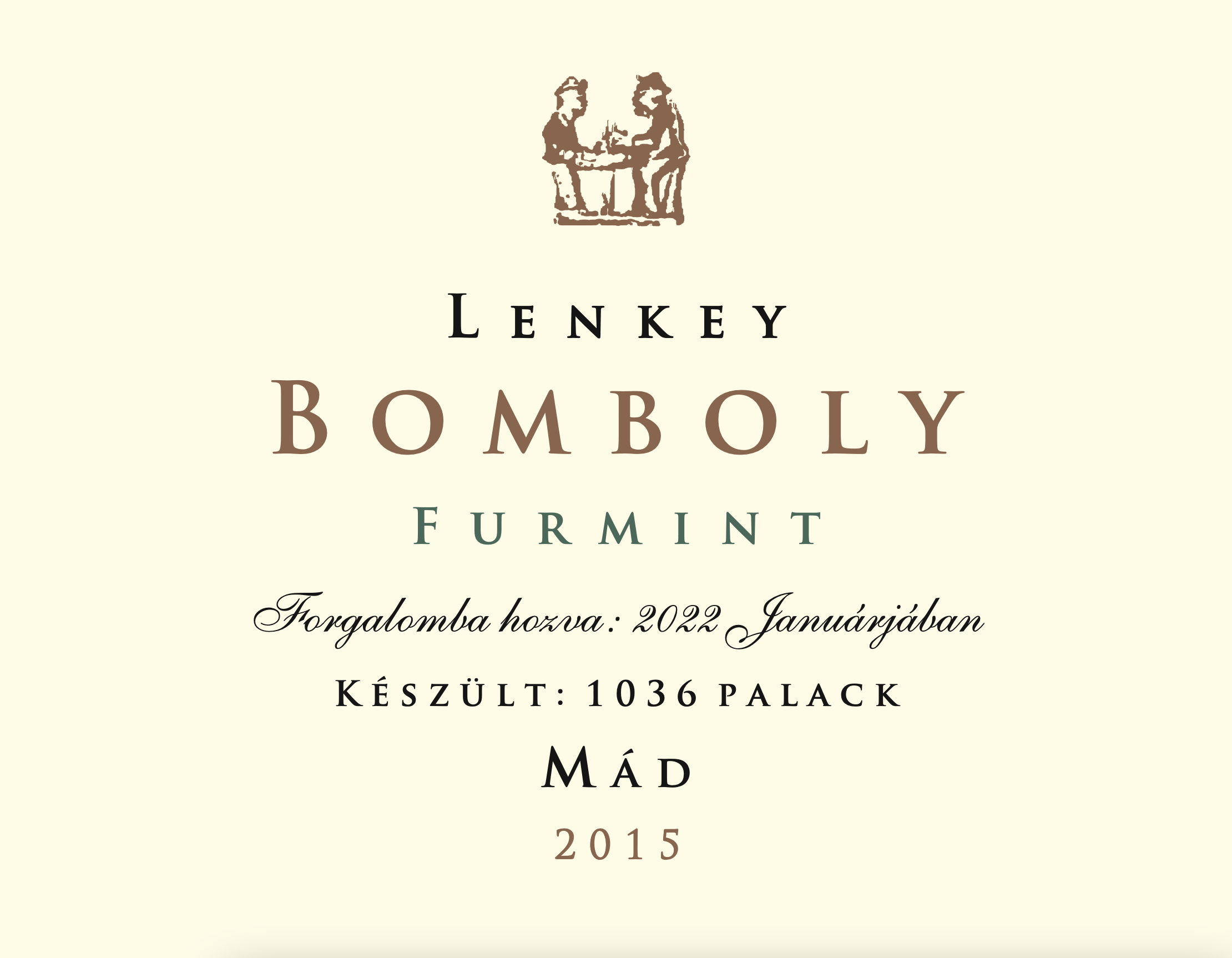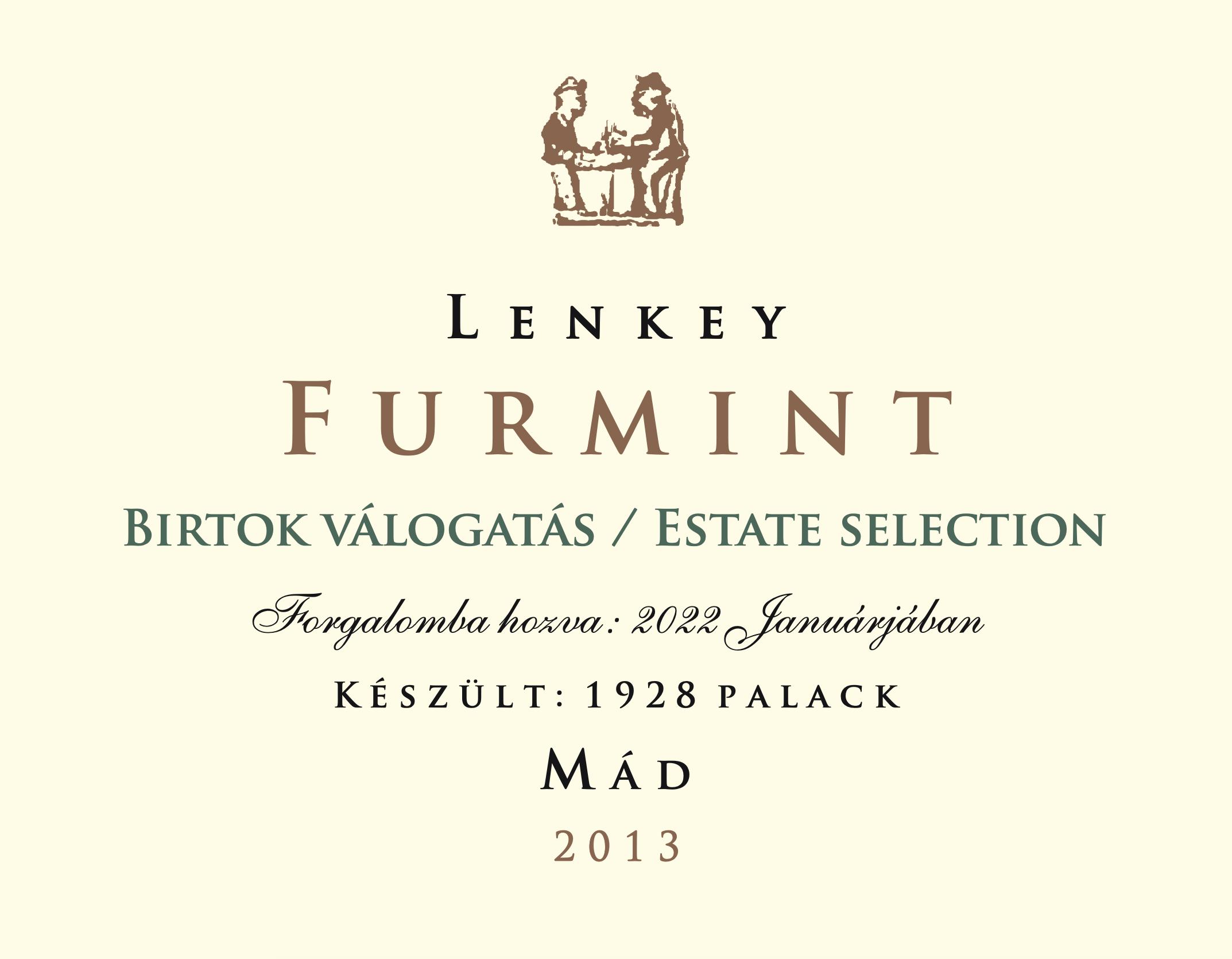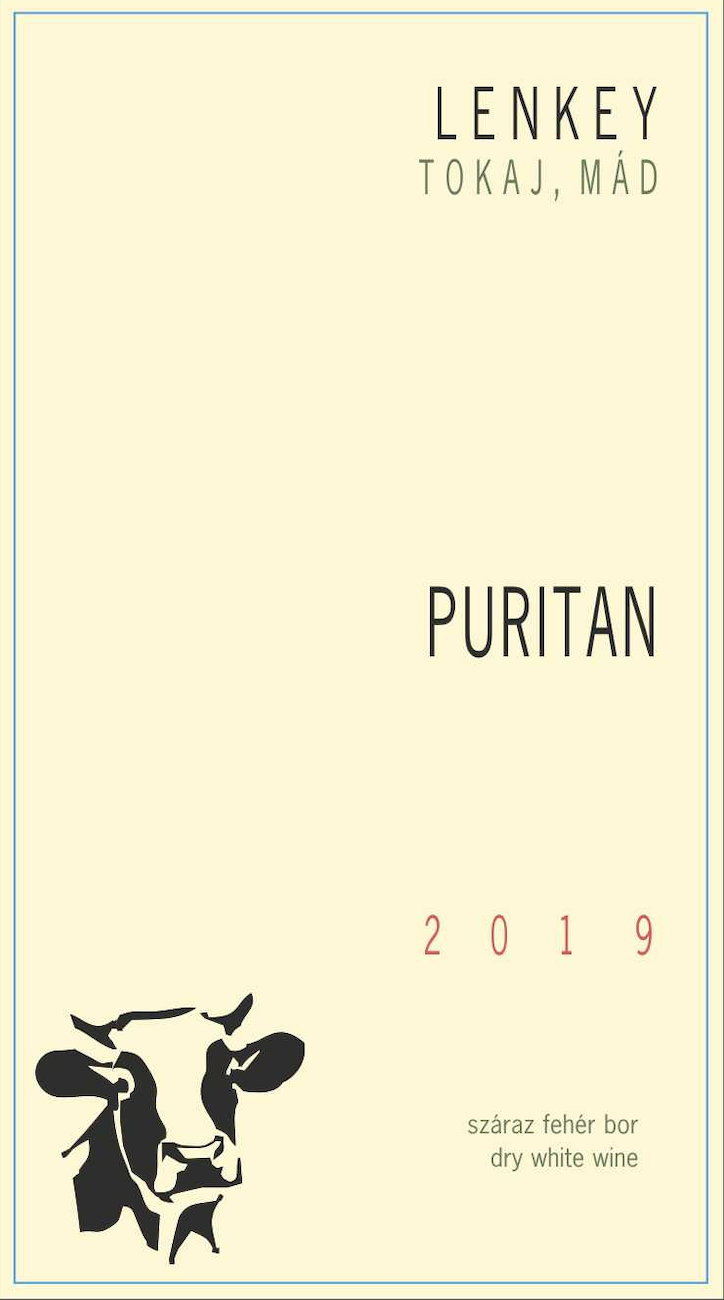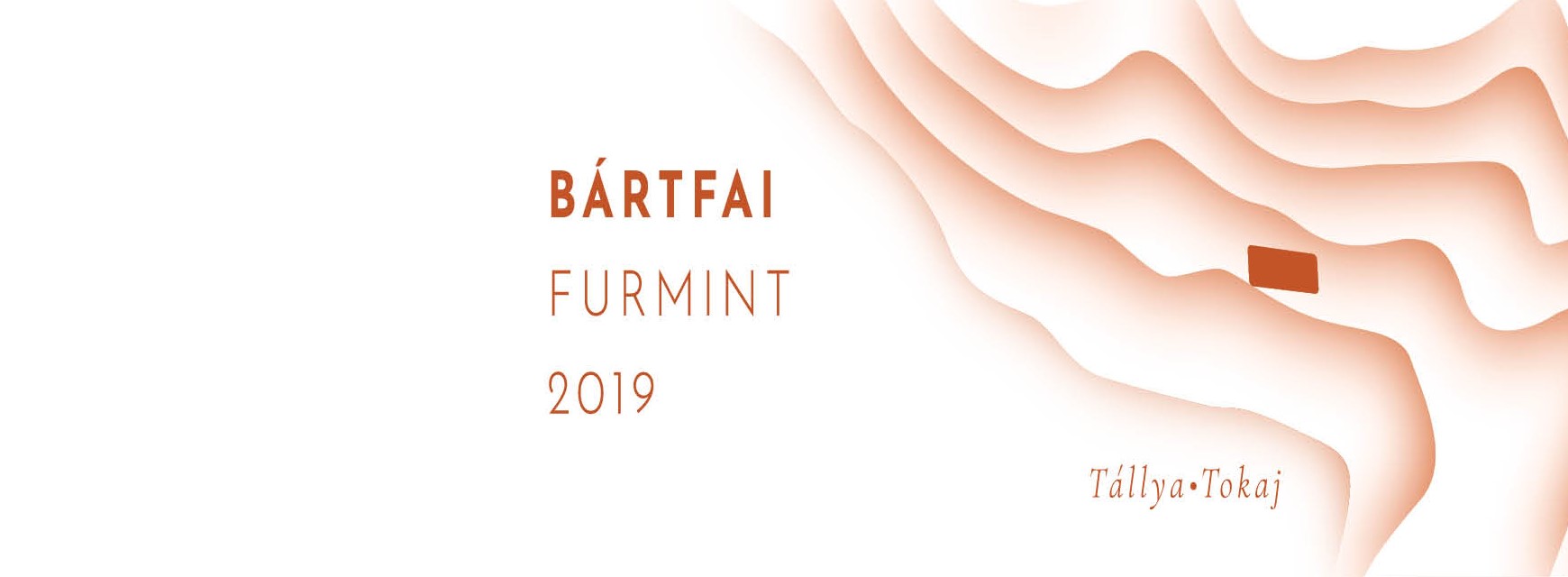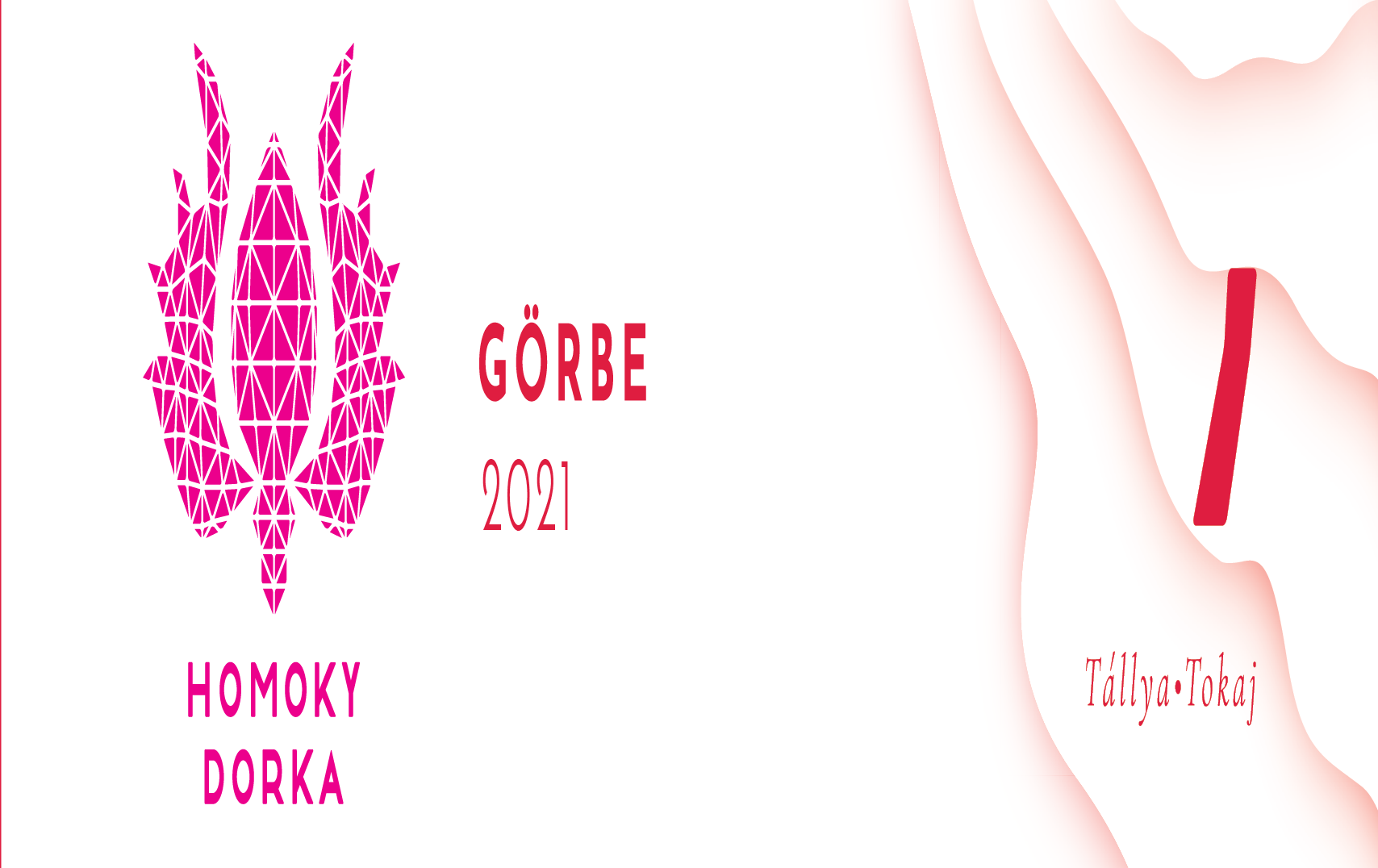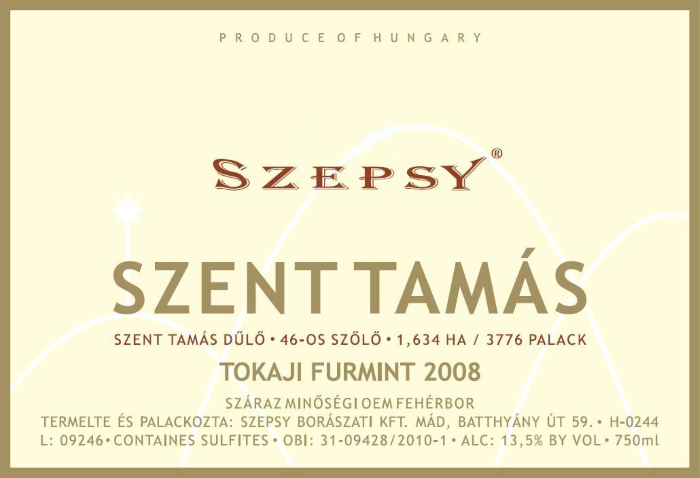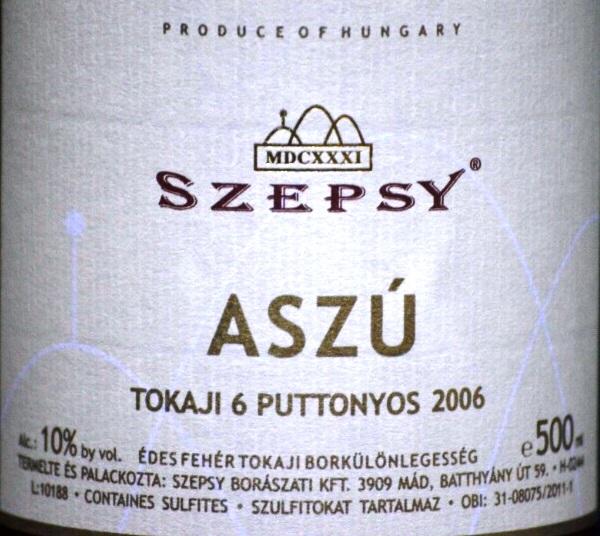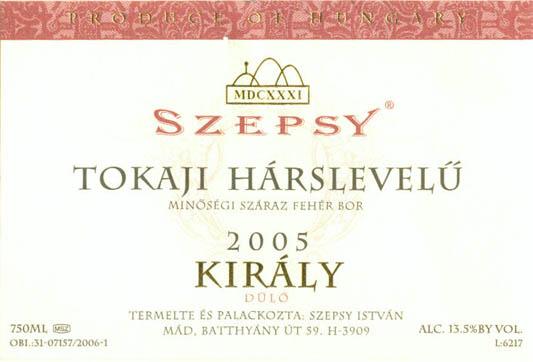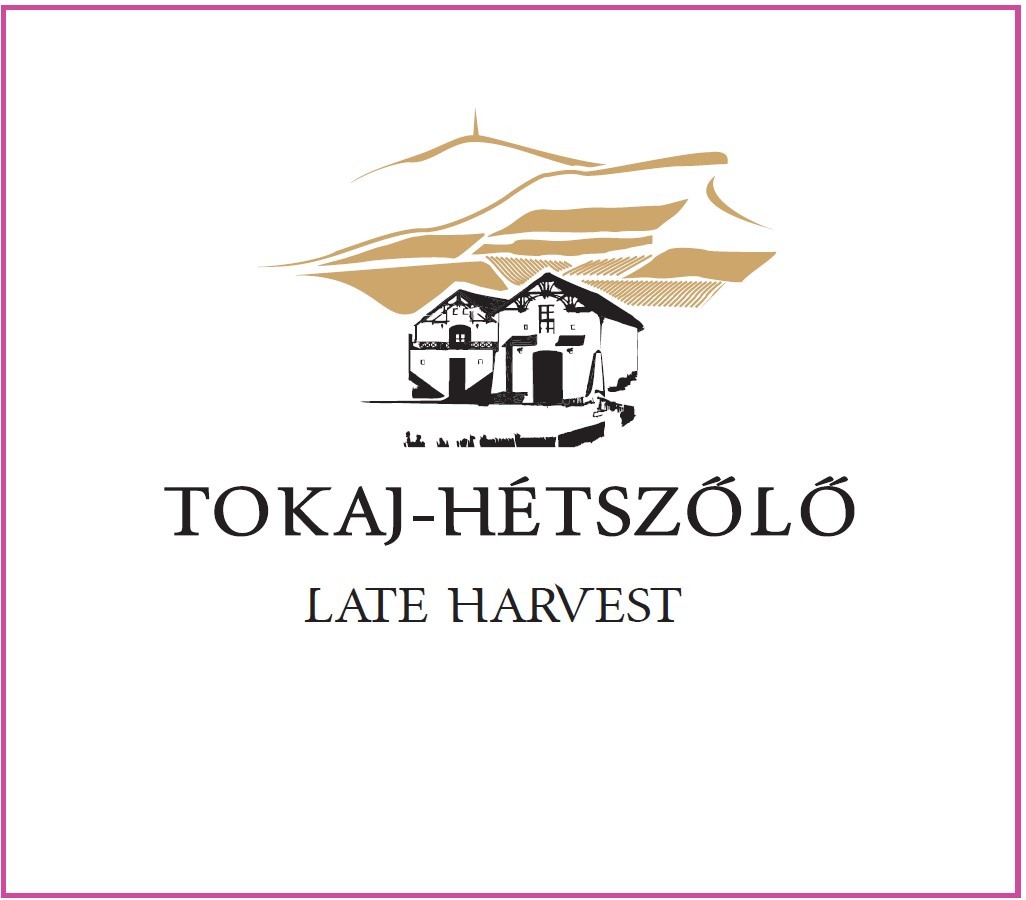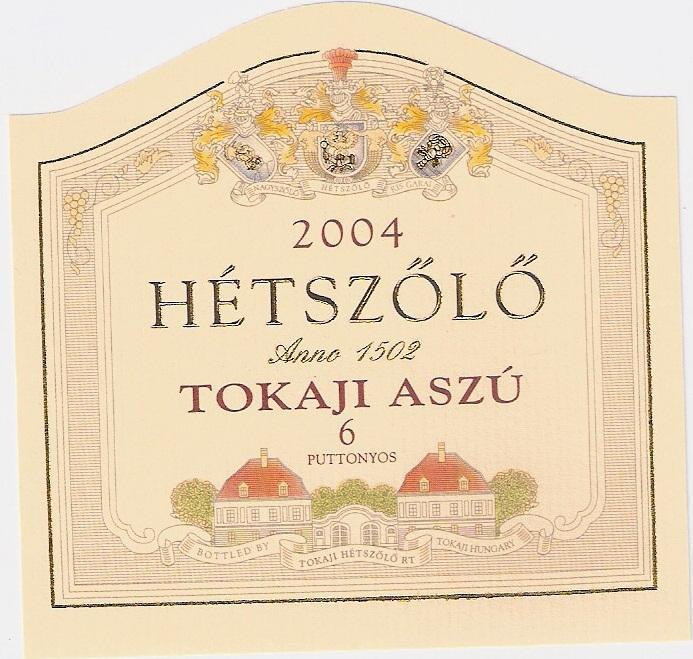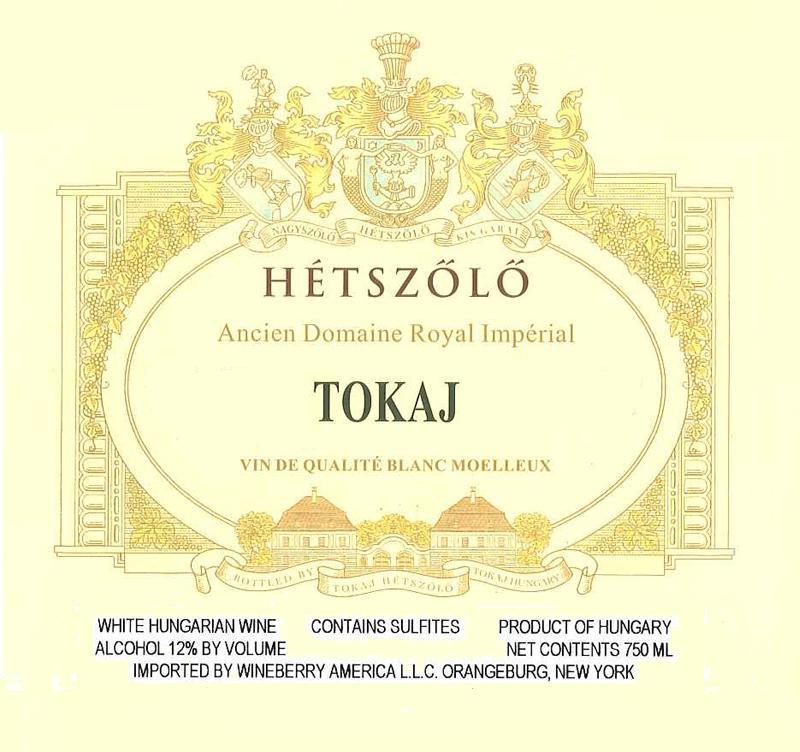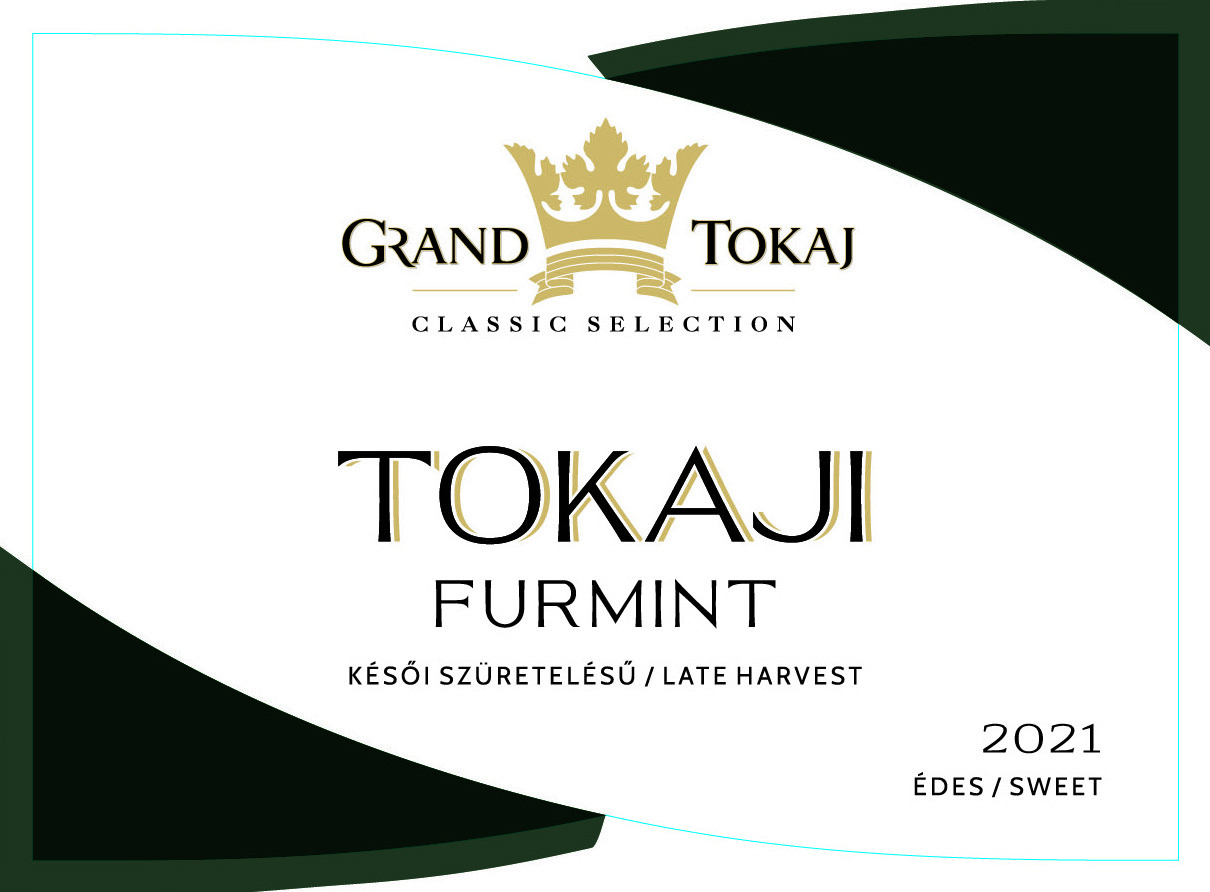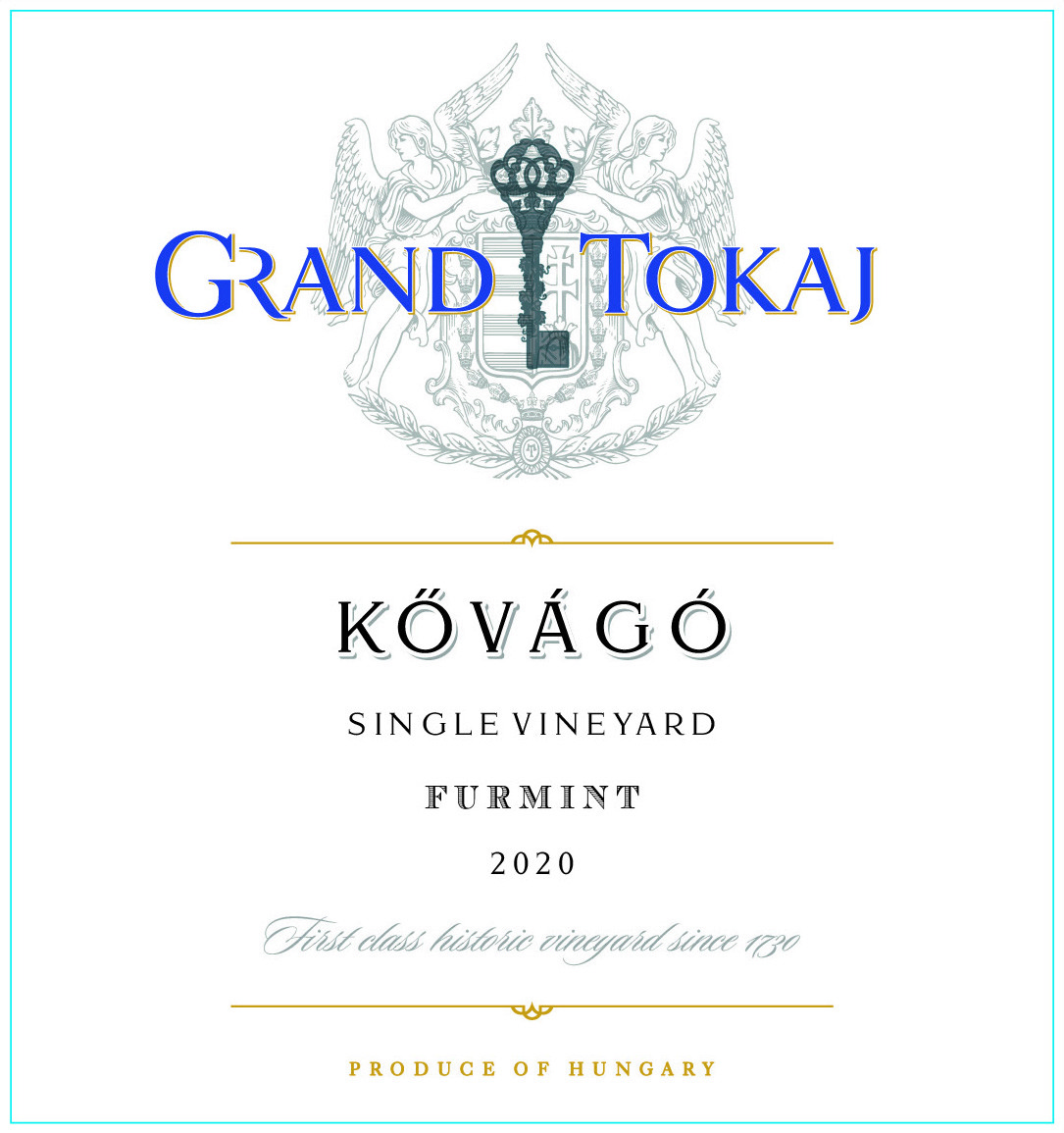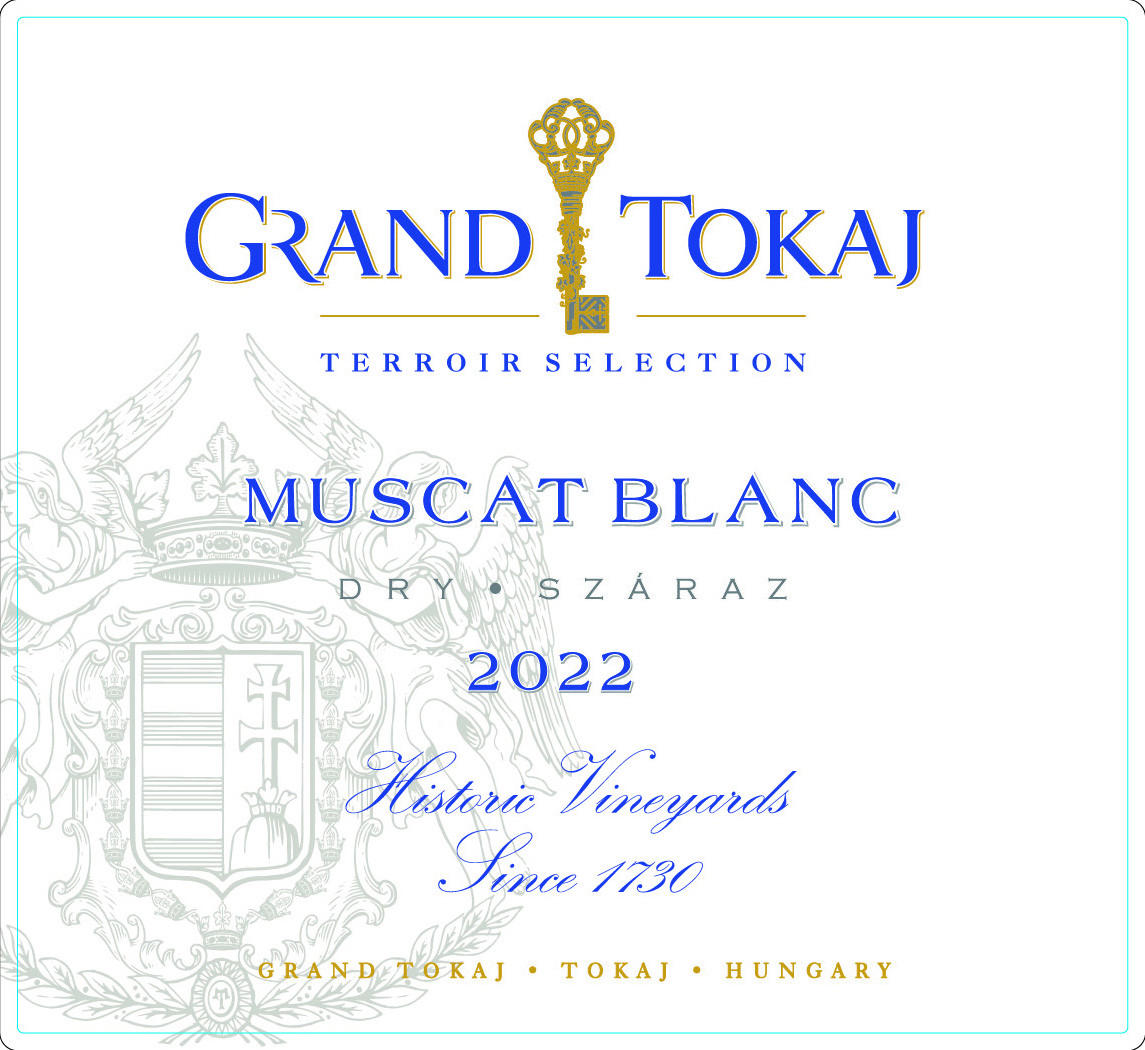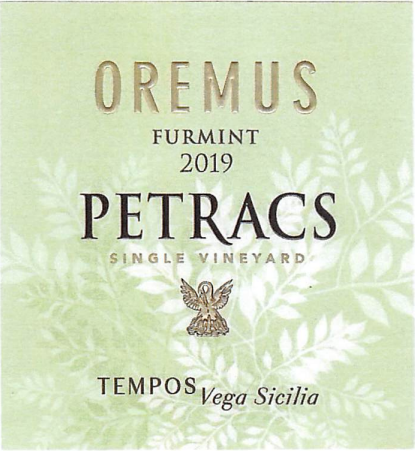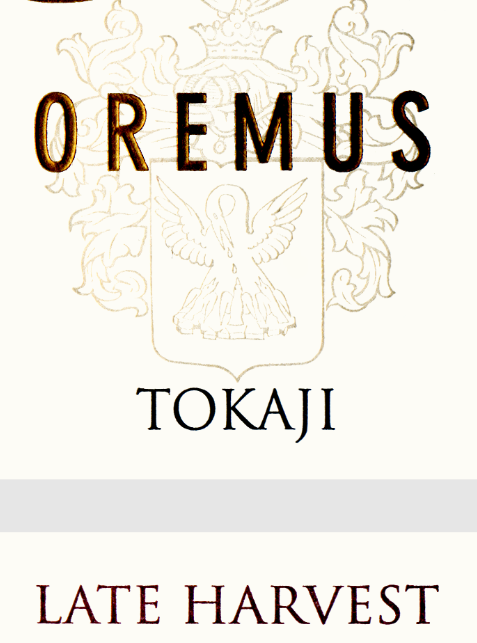Terroir of Tokaj
Tokaj's terroir is a captivating mix of volcanic soils and a continental climate, offering a distinctive setting for vineyards. The area thrives on mineral-rich soils, derived from ancient volcanic activity, which impart firm acidity and complex, earthy flavors to the wines. With a thin layer of loess or clay over volcanic rock, these soils retain water well and supply steady minerals to the vines.
The climate is temperate continental, with hot summers and cold winters. The vineyards enjoy long, sunny autumns essential for quality grape growing. Positioned on south-facing slopes, they benefit from ample sun exposure. The nearby Zemplén Hills protect against harsh weather, while the Tisza and Bodrog rivers create mists that foster the noble rot, crucial for Tokaji Aszú's botrytized wines. This unique microclimate, with its blend of humidity and sunshine, enables Tokaj to produce wines of remarkable acidity, sweetness, and mineral depth.
Notable Wineries in Tokaj
In the historic wine region of Tokaj, Hungary, several wineries stand out for their quality and innovation. These producers are shaping the future of Tokaj’s viniculture:
-
Royal Tokaji Wine Company: Known for single-vineyard Aszú wines, this winery has played a pivotal role in reviving Tokaj's grand cru sites.
-
Disznókő: A scenic estate recognized for its elegant Aszú wines, blending tradition with modern winemaking.
-
Szepsy Winery: A boutique producer focusing on low yields and organic methods, creating both exceptional dry Furmint and Aszú.
-
Királyudvar: Merging history with innovation, this estate pioneers new styles, including méthode traditionnelle sparkling wines.
These wineries, among others, are at the forefront of Tokaj’s wine renaissance, crafting exceptional wines that honor tradition while embracing modern techniques.
Sustainable Winemaking in Tokaj
In Tokaj, Hungary, sustainability is a key focus as winemakers aim to protect their environment while facing modern challenges. Many estates have adopted organic or biodynamic farming, recognizing that healthy soils and ecosystems are essential for Tokaj’s future. Organic practices have become widespread, with some vineyards eliminating chemical pesticides and herbicides to boost biodiversity. Producers also explore organic alternatives to traditional copper sulfate sprays.
In wineries, green technologies and efficiencies are on the rise. Gravity-flow processing and lighter packaging help reduce carbon footprints, while solar panels and LED lighting conserve energy. Water conservation is prioritized through rainwater collection and wastewater treatment. Social responsibility is equally important, with producers engaging local communities and preserving winemaking heritage. These efforts ensure Tokaj remains a leader in sustainable winemaking, blending ancient knowledge with modern innovation to secure its vineyards' future.
Wine Tourism in Tokaj
Tokaj, steeped in winemaking history, offers a unique wine tourism experience.
Visitors can explore hillside cellars in Hercegkút, where volcanic hills create ideal conditions for aging the famed Tokaji wines.
The region's picturesque landscapes are dotted with vineyards and quaint villages, each offering distinct experiences.
Notable locations include Mád, known for its top producers like Royal Tokaji and Szepsy, and Tarcal, offering luxurious stays and artisanal wines.
Events such as the Harvest Festival and Good Night Mád showcase Tokaj's vibrant community spirit.
Travel tips emphasize planning winery visits, using guided tours to navigate language barriers, and observing Hungary's strict drinking-and-driving laws.
The best times to visit are from late spring to autumn, with September and October ideal for witnessing the harvest.
Tokaj's wine tourism is not just about tasting wine; it's a journey into a region rich with tradition and modern winemaking innovation.





